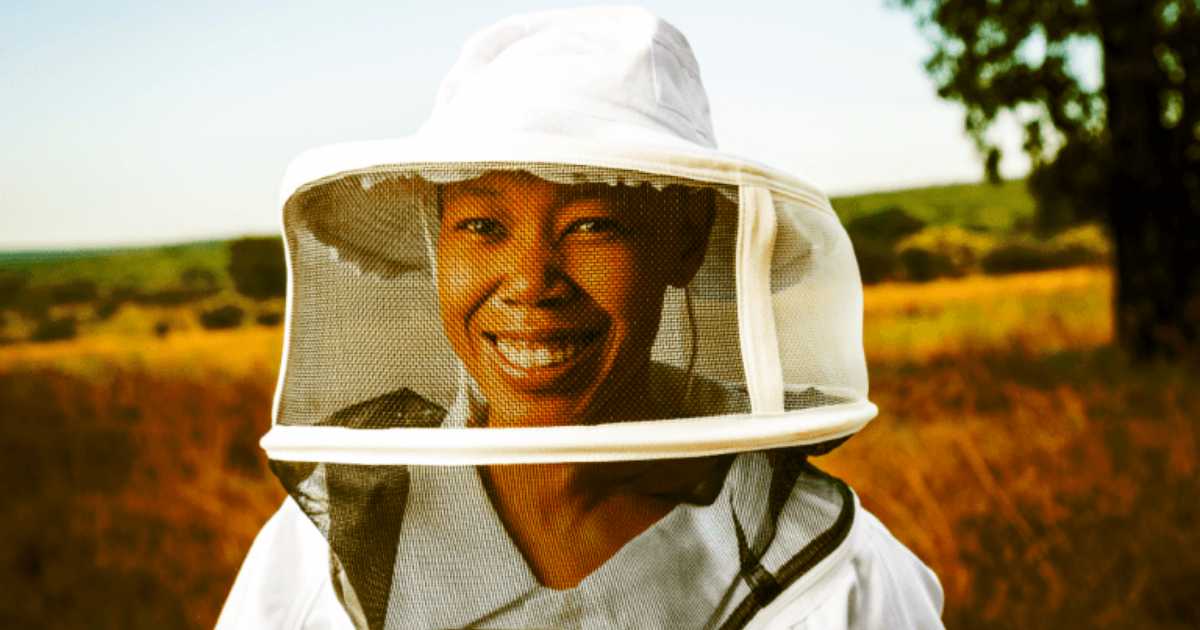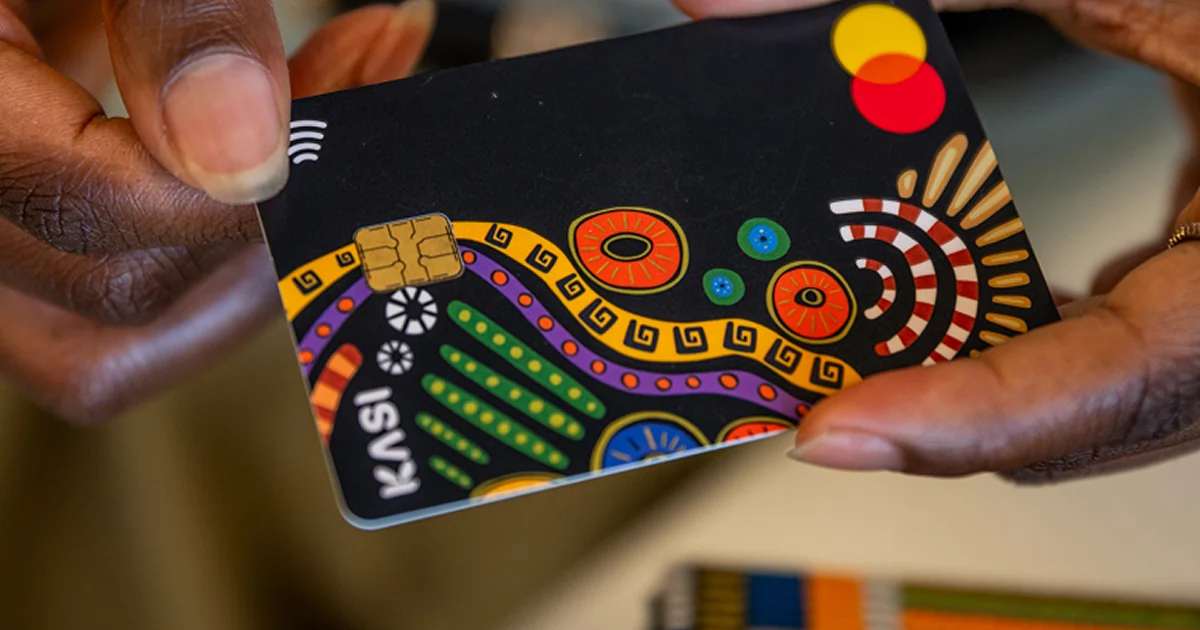
Successful black women-owned businesses in South Africa have adapted to the changing business landscape post-pandemic. Many of these businesses are bringing creativity and originality to their businesses and leveraging technology to drive growth and innovation.
Here are some black female-owned businesses to watch this year and beyond:
Beauty on TApp
The Beauty on TApp is a 100% woman-owned e-commerce business. They specialise in providing skincare, haircare and make-up products.
The founder is Mathebe Molise who self-funded the business in 2015. Molise’s company has a bigger goal of becoming a major player in the e-commerce space and making beauty accessible to everyone.
According to their website, the company seeks to “become Africa’s leading cosmetics e-tailer by 2025 and we believe that we are on our way to making that happen. We will never lose our passion for the love of all things beauty and we will keep bringing our community the best in beauty.”
Due to their online success, they have taken the Beauty on TApp model offline, opening the company’s first brick-and-mortar store at the Mall of Africa in Johannesburg. The store offers customers a premium shopping experience and access to both local and international brands, as well as expert in-store aestheticians.
TheUrbanative
Mpho Vackier is the founder of TheUrbanative, an award-winning, contemporary African furniture and product design company based in Johannesburg. Vackier previously worked as an engineer but left a career in mining to study design.
This black-owned business is well-regarded in South Africa for its celebration of African cultures. The first range of furniture from the studio launched in late 2016 and was inspired by the graphics of the Ndebele tribe.
All of TheUrbanative’s products are designed and manufactured in South Africa. Their furniture and decor pieces range from consoles and servers to mirrors and lighting. The company also counts major companies as clients, including Nandos, Nike and Investec.
MomSays
Shaney Vijendranath launched her data analytics platform, MomSays, a tech startup in May 2019 after seeing “a real need for a supportive and authentic platform that can help moms cut through the clutter and easily find the right products for them and their children.”
MomSays is a conversation-driven analytics company that helps brands engage and sell more effectively to new moms. According to their website, 65% of moms trust what other moms buy in the retail market.
The company provides a platform where moms around South Africa can help other moms find the right products the first time around. “We’re a community where moms can voice their opinions, connect with brands they love, and win exciting prizes.”
YoCoco
YoCoco is an artisanal ice cream company based in Johannesburg that uses locally sourced ingredients to make their ice creams. The founder is Kwa-Zulu Natal-based entrepreneur, Sinenhlanhla Ndlela who founded the company in 2016.
The brand caters to a growing demographic of consumers becoming more health-conscious and looking to give up or reduce, the amount of dairy produce in their daily diets. They offer completely vegan-friendly ice cream in various flavours including chocolate, granadilla, salted caramel and mixed Berries.
Their ice cream is available at various eateries around Johannesburg and Durban, and also online for delivery in other provinces too.
Native Nosi Honey Emporium
Mokgadi Mabela is a third-generation farmer and owner of Polokwane-based black and female-owned beekeeping farm, Native Nosi. They also produce their brand of local and organic honey, wax and by-products.
Launched in 2015, Native Nosi produces local and organic honey. Their honey is currently being sold on their e-commerce website. They also distribute to several small stores and have a physical store in Johannesburg.
To bring about change, Mabela has not been afraid to bring innovative ideas to farming. An example of this is how she funded Native Nosi. Mabela raised funds for the farm through crowdfunding.
Read more: Mokgadi Mabela is Not Your Typical Farmer






